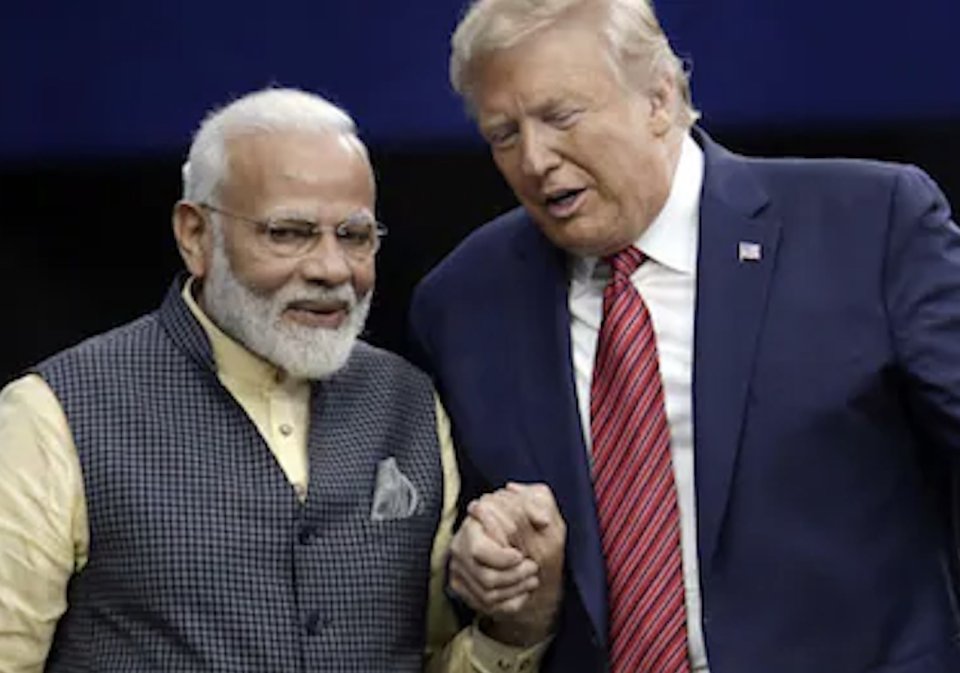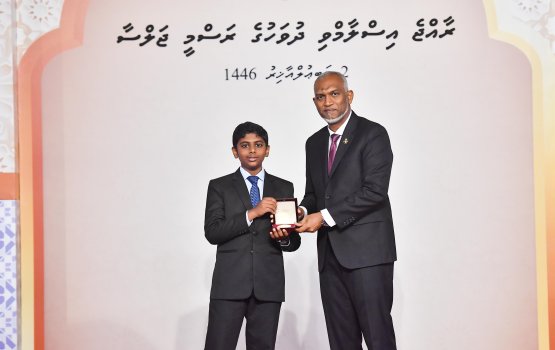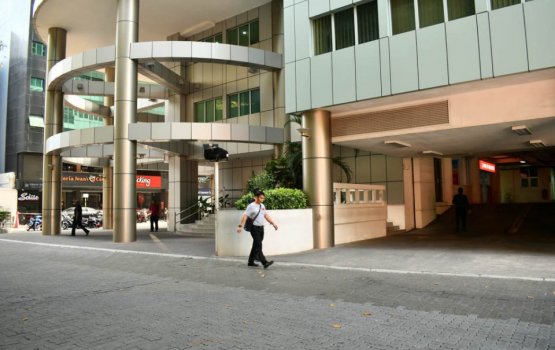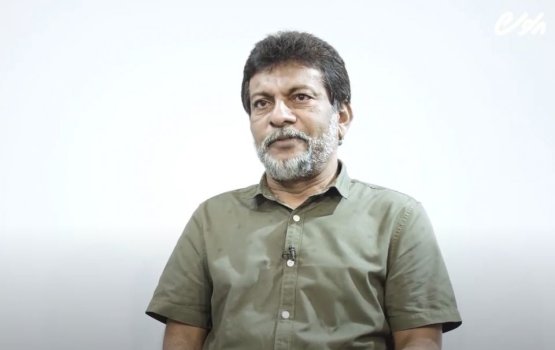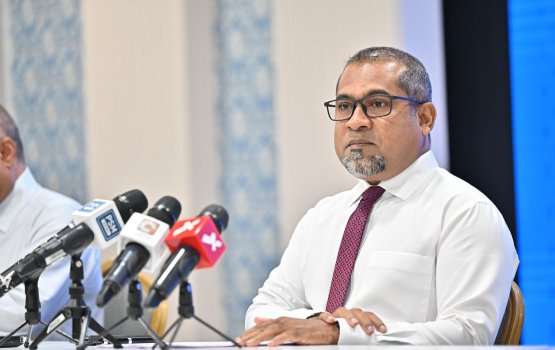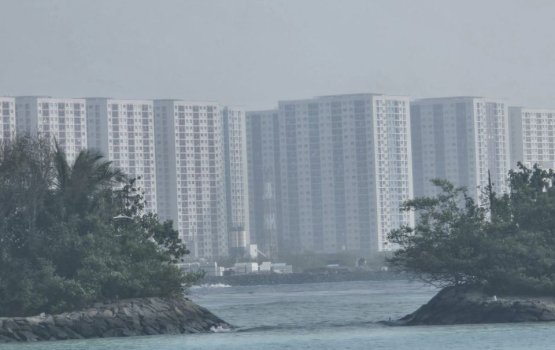India has pushed back against U.S. President Donald Trump’s claim that New Delhi had agreed to halt imports of Russian oil, signalling that one of the key points of tension between the two countries remains unresolved.
On Wednesday, Trump stated that Prime Minister Narendra Modi had “assured me today that they [India] will not be buying oil from Russia,” calling it a “big step.” However, India’s Ministry of External Affairs (MEA) denied any such understanding.
Speaking at a press briefing on Thursday, MEA spokesperson Randhir Jaiswal said he was “not aware of any conversation” between Trump and Modi or any assurance from the Indian side to end purchases of Russian oil.
Earlier the same day, the MEA released a statement describing India as a “significant importer of oil and gas,” without naming Russia or referring to any commitment related to its energy trade.
Longstanding Ties with Moscow
India continues to maintain strong economic and defence ties with Russia and is scheduled to host President Vladimir Putin later this year. Since Moscow’s invasion of Ukraine in 2022, India has become one of the largest buyers of discounted Russian oil, even as Western nations imposed sweeping sanctions on Russia’s energy sector.
For months, New Delhi has resisted Washington’s pressure to cease these imports, arguing that India must prioritise the energy security needs of its 1.4 billion citizens and its fast-growing economy.
In August, Trump imposed an additional 25% tariff on Indian imports as a penalty for continuing to buy Russian oil and gas—on top of an existing 25% tariff.
Experts Say Sudden Halt “Unrealistic”
Analysts say it would be nearly impossible for India to immediately stop buying Russian crude. Muyu Xu, a senior oil analyst at Kpler, noted that Russia supplied around 1.7 to 1.8 million barrels per day to India over the first nine months of this year.
“India cannot stop buying Russian oil overnight—the volumes are simply too large,” Xu told CNN. “Replacing that supply from other sources is no easy task. Crude grades differ, and refinery outputs are not interchangeable.”
Data from Kpler shows state-owned refiners such as Indian Oil Corporation Limited (IOCL) have adjusted their purchases over time—buying 10.35 million barrels of Russian oil in January, 4.62 million in September, and 7.03 million so far in October.
Diplomacy Amid Strained Ties
Modi’s decision to stand firm against U.S. pressure aligns with his image as a leader focused on India’s independent strategic interests.
In recent weeks, both New Delhi and Washington have stepped up diplomatic efforts to stabilise relations, with trade delegations working toward a long-awaited bilateral trade deal.
Earlier this month, External Affairs Minister S. Jaishankar acknowledged that India and the U.S. still face “issues,” largely stemming from unresolved trade negotiations.
“We have not yet arrived at a landing ground for our trade discussions,” Jaishankar said. “Those issues need to be negotiated, discussed, and resolved—which is exactly what we are trying to do.”
The latest exchange underscores the fragile balance between India’s strategic autonomy and U.S. expectations—an equation that will continue to test the resilience of the partnership in the months ahead. (Source: CNN)

